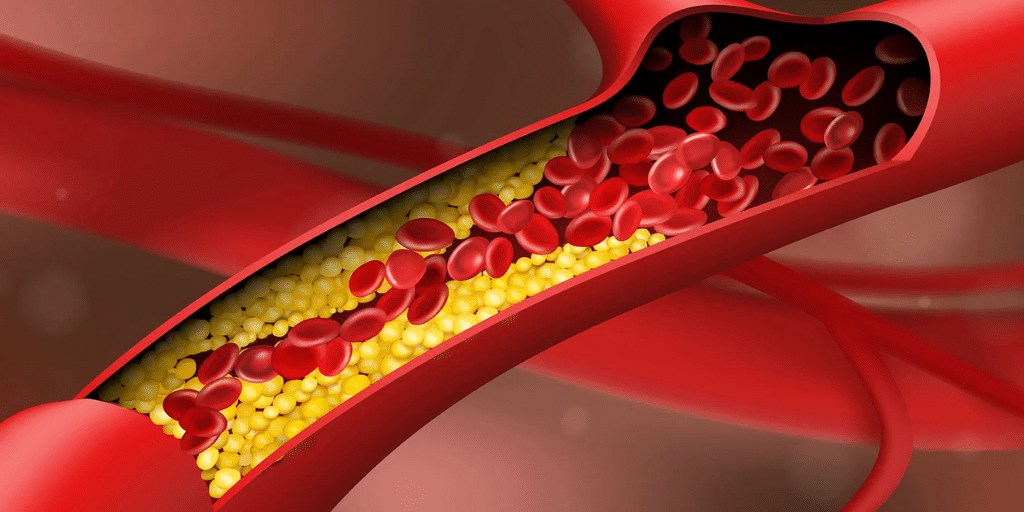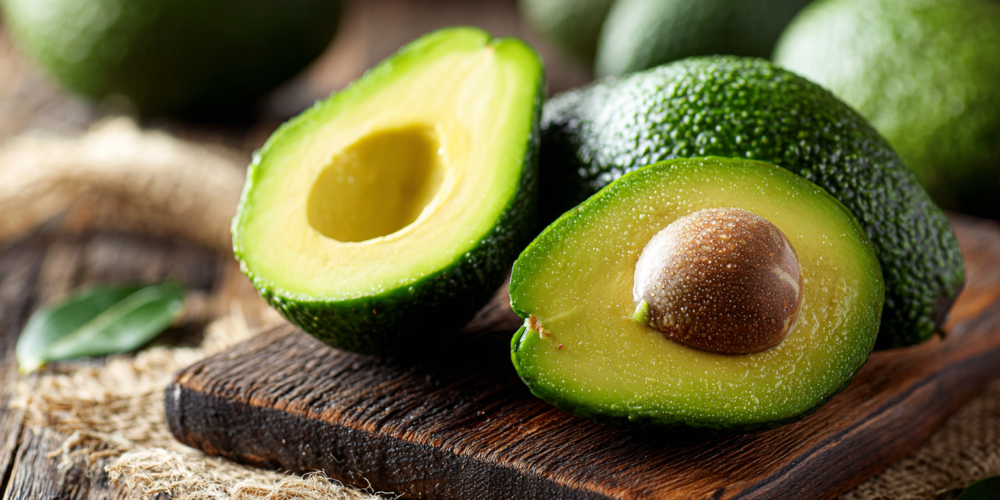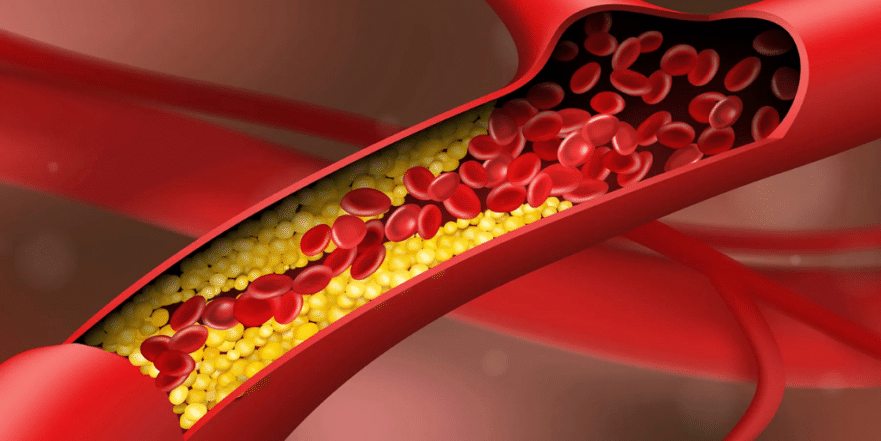
Have you ever wondered what’s really going on inside your arteries? It’s a question that could save your life. The silent buildup of calcium plaque in your arteries is a serious, widespread problem that can quietly wreak havoc on your health. It can lead to everything from persistent fatigue and shortness of breath to catastrophic events like a stroke or a heart attack. This plaque doesn’t just appear overnight; it forms when the delicate inner walls of your arteries get damaged, triggering a flawed repair process that can eventually lead to a hardened, stable plaque. The real danger comes when this plaque ruptures, causing a clot that blocks blood flow. It’s a scary thought, but there’s incredible news: you have the power to fight back.
While lifestyle factors like smoking or a poor diet are major culprits, the solution isn’t just about avoiding bad habits. It’s also about actively incorporating the right nutrients into your life. Certain vitamins and minerals can have a dramatic, positive impact on this situation, helping to clear out, prevent, and even reverse this dangerous buildup. In this guide, we’re going to take a deep dive into the six most powerful vitamins and minerals that act as your heart’s best defenders. We’ll explore how they work, the best food sources to find them in, and practical tips to maximize their benefits. You have more control over your cardiovascular health than you might think, and it starts with understanding the incredible power of nutrition.
Key Takeaways
- Arterial Plaque is Reversible: The buildup of calcium in your arteries is a result of damage and a flawed repair process, but specific nutrients can help manage and reduce this plaque.
- It’s a Team Effort: No single vitamin works alone. A combination of vitamins K2, D, A, magnesium, potassium, and B vitamins work synergistically to direct calcium to your bones and away from your arteries.
- Diet is Your First Line of Defense: You can get a powerful dose of these heart-healthy nutrients by focusing on a diet rich in leafy greens, fatty fish, nuts, seeds, avocados, and fermented foods.
- Sunlight is a Nutrient: Vitamin D, crucial for calcium regulation, is best synthesized through sensible sun exposure. This, combined with a diet rich in greens, can have a profound effect on your heart health.
- Know Your Needs: Certain individuals, such as those with kidney disease, vegans, or people on blood thinners, may have special considerations for their intake of potassium, B12, and Vitamin K, respectively. Always consult with a healthcare provider.
6. Vitamin K

When we talk about heart health, Vitamin K is arguably the most important and often overlooked nutrient. Specifically, we’re talking about Vitamin K2. This vitamin is a master regulator of calcium in your body. Think of it as a traffic cop for calcium. Its primary job is to ensure that the calcium you consume ends up in your bones and teeth, where it’s needed for strength, and stays out of soft tissues like your arteries and blood vessels, where it can cause calcification and hardening. Vitamin K achieves this by activating specific proteins, most notably the Matrix GLA protein (MGP). When MGP is activated by Vitamin K2, it becomes a potent inhibitor of arterial calcification, binding to calcium crystals and preventing them from being deposited in the artery walls. Studies have shown a direct link between high Vitamin K intake and better heart outcomes. One significant study found that individuals with the highest consumption of Vitamin K were 21% less likely to be hospitalized for atherosclerosis-related issues.
It’s crucial to understand the two main forms of Vitamin K. Vitamin K1 (phylloquinone) is found primarily in green leafy vegetables like spinach, kale, and broccoli. While important, its main role is in blood clotting. Vitamin K2 (menaquinone) is the real superstar for arterial health. It’s found in fermented foods and animal products. The best source by far is natto, a fermented soybean dish. Other good sources include certain cheeses (like Gouda and Brie), egg yolks, and grass-fed butter. Because our modern diets are often low in these foods, many people are deficient in K2, making it a critical nutrient to focus on. However, if you are taking blood-thinning medications like Warfarin, you must speak with your doctor. These drugs work by inhibiting Vitamin K’s clotting action, so your intake needs to be consistent to avoid interfering with your medication’s effectiveness.
5. Vitamin D

Vitamin D and Vitamin K2 are a dynamic duo; they work together synergistically to control calcium. While Vitamin K2 directs the calcium, Vitamin D’s role is to manage calcium homeostasis in the first place. It’s essential for absorbing calcium and phosphorus from your gut. Without enough Vitamin D, your body can’t effectively absorb the calcium it needs for bone health, which can paradoxically lead to more calcium being deposited in your arteries. A deficiency in Vitamin D is strongly linked to an increased risk of arterial calcification. By ensuring you have adequate Vitamin D levels, you’re helping your body move calcium out of harm’s way (your arteries) and into your bones, preventing conditions like osteoporosis while protecting your heart.
Beyond calcium regulation, Vitamin D has powerful anti-inflammatory and immune-modulating effects, making it essential for your overall health. While some foods contain Vitamin D, like fatty fish (salmon, tuna), fortified dairy, and cereals, our primary source is the sun. When your skin is exposed to UVB rays, your body naturally synthesizes Vitamin D. Many cardiologists now recommend regular, short periods of sun exposure—not enough to burn, but enough to trigger this vital production. Interestingly, research has also found that when chlorophyll from leafy greens is exposed to light through the skin, it helps regenerate Coenzyme Q10, another powerful antioxidant for heart health. So, a fantastic strategy is to eat a large salad full of spinach and then get some sensible sun exposure. You’ll be helping your body produce Vitamin D and regenerate CoQ10 at the same time, a true win-win for your heart.
4. Potassium

Potassium is an essential mineral that often doesn’t get the credit it deserves for cardiovascular health. Its most well-known role is maintaining fluid balance within your cells and ensuring the proper function of your muscles and nerves, including your most important muscle: the heart. But its benefits go much further. Potassium directly counteracts the effects of sodium in the body. A diet high in sodium can lead to high blood pressure, a major risk factor for the arterial damage that initiates plaque formation. By helping your body excrete excess sodium, potassium helps keep your blood pressure in a healthy range.
Furthermore, potassium helps to relax the walls of your blood vessels, a process known as vasodilation. This improves blood flow and reduces the strain on your arterial walls, further lowering the risk of damage and calcification. Research has clearly shown that an adequate intake of potassium is linked to a reduced risk of heart disease. You can find this mineral in a wide array of delicious foods. Fruits are fantastic sources, especially bananas, oranges, cantaloupe, and avocados. Vegetables are also packed with it, including spinach, broccoli, sweet potatoes, beets, and tomatoes. Legumes, nuts, chicken, and salmon are also excellent choices. A small tip: the potassium content in vegetables can be reduced by cooking methods like boiling or steaming. To maximize your intake, try to include raw or lightly cooked vegetables in your daily diet.

